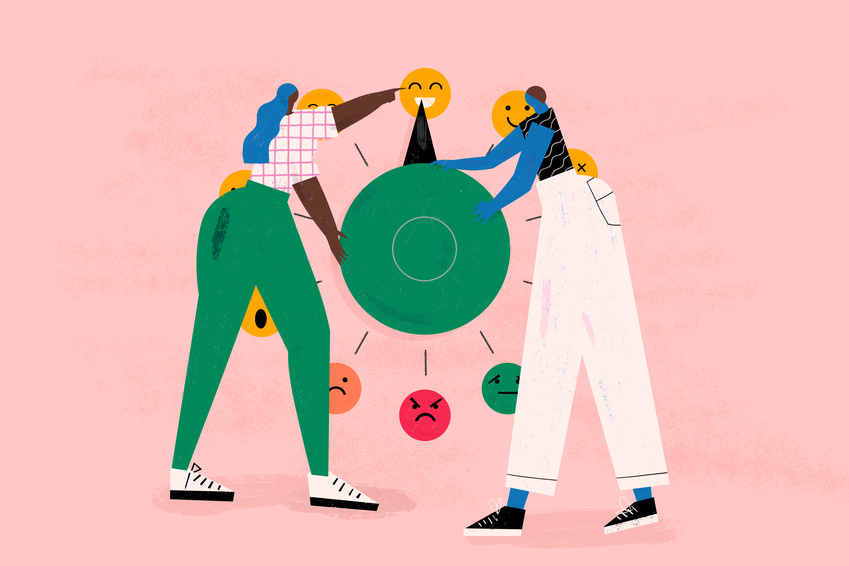
What is Emotional Intelligence? Unlocking the Power of Emotional Awareness for Success
Share
Emotional intelligence, often referred to as EQ, has gained widespread recognition as a crucial factor in personal and professional success. Coined by psychologists Peter Salovey and John Mayer in the early 1990s, emotional intelligence refers to the ability to recognize, understand, and manage our own emotions, as well as the emotions of others. In recent years, it has become a hot topic in various fields, from leadership and workplace dynamics to mental health and interpersonal relationships.
As we navigate the complexities of the modern world, where relationships and interactions are integral to our daily lives, emotional intelligence has emerged as a vital skill to thrive in both personal and professional domains. In this article, we will delve deep into the concept of emotional intelligence, exploring its various components, highlighting its significance, and providing evidence-based insights on how it can be developed and harnessed for success.
The Four Components of Emotional Intelligence
Emotional intelligence can be broken down into four key components, each playing a unique role in our ability to understand and manage emotions effectively.
Self-Awareness: The foundation of emotional intelligence, self-awareness involves being in tune with our own emotions, thoughts, and behaviors. It requires honest introspection and self-reflection to understand our strengths, weaknesses, values, and triggers. Self-aware individuals are attuned to their emotional state and can accurately identify and label their emotions, which allows them to respond rather than react in challenging situations.
Citation: According to a study conducted by Goleman, D. (1995), individuals with high self-awareness tend to have better emotional regulation skills, stronger interpersonal relationships, and higher job satisfaction.
Self-Regulation: Once we are aware of our emotions, self-regulation comes into play. It involves managing our emotions effectively, so they do not overpower us or hinder our decision-making process. Self-regulation requires impulse control, managing stress, and being adaptable in different situations. It also involves reframing negative thoughts, practicing patience, and delaying gratification.
Citation: A study by Gross, J.J. (1998) found that individuals with higher self-regulation skills tend to have better mental health outcomes, lower levels of stress, and improved problem-solving abilities.
Social Awareness: Social awareness involves understanding the emotions and needs of others. It includes being able to read social cues, showing empathy, and being aware of the dynamics in a given social setting. Socially aware individuals are skilled at picking up on non-verbal cues, listening actively, and understanding diverse perspectives. This component also involves cultivating cultural intelligence and being inclusive and respectful of differences.
Citation: A study by Ciarrochi, J. et al. (2001) found that individuals with high social awareness tend to have better interpersonal relationships, higher levels of empathy, and increased workplace satisfaction.
Relationship Management: Relationship management is the ability to establish and maintain healthy relationships with others. It involves effective communication, conflict resolution, and building meaningful connections based on trust, respect, and empathy. Relationship management also involves inspiring and influencing others, fostering collaboration, and being a team player.
Citation: According to a study by Boyatzis, R.E. (2000), individuals with strong relationship management skills tend to be effective leaders, have higher job performance, and experience greater career success.
Value Your Vibes believes that the development of emotional intelligence through self-awareness can be achieved by recognizing how emotions and feelings can affect mental health, work/school performance, physical health, and relationships, which will ultimately lead to more acceptance, understanding, compassion, and respect toward one another. It is our goal to have our tools be seen and used in homes, classrooms, workplaces, clinics, and any environment that places a high value on personal and professional development and has an interest in improving emotional intelligence skills.

